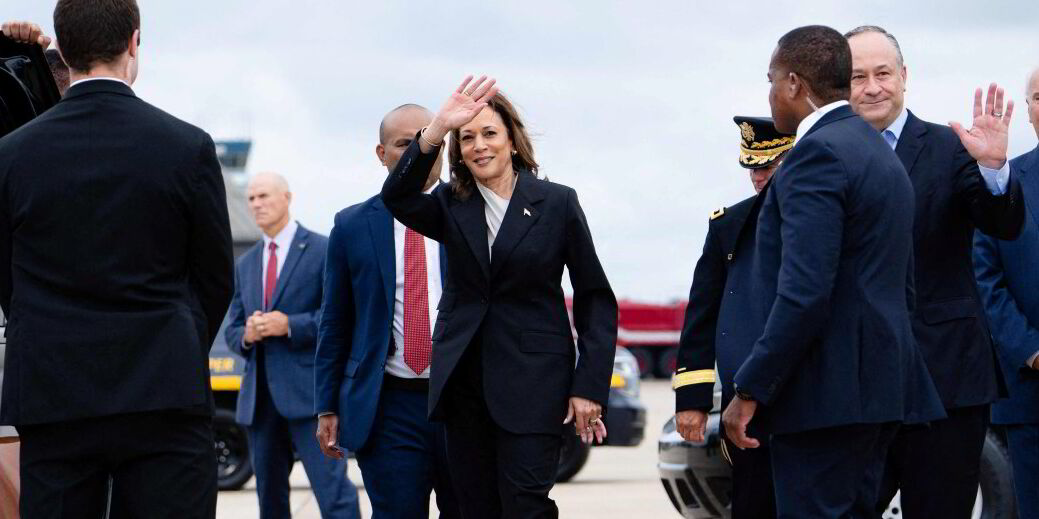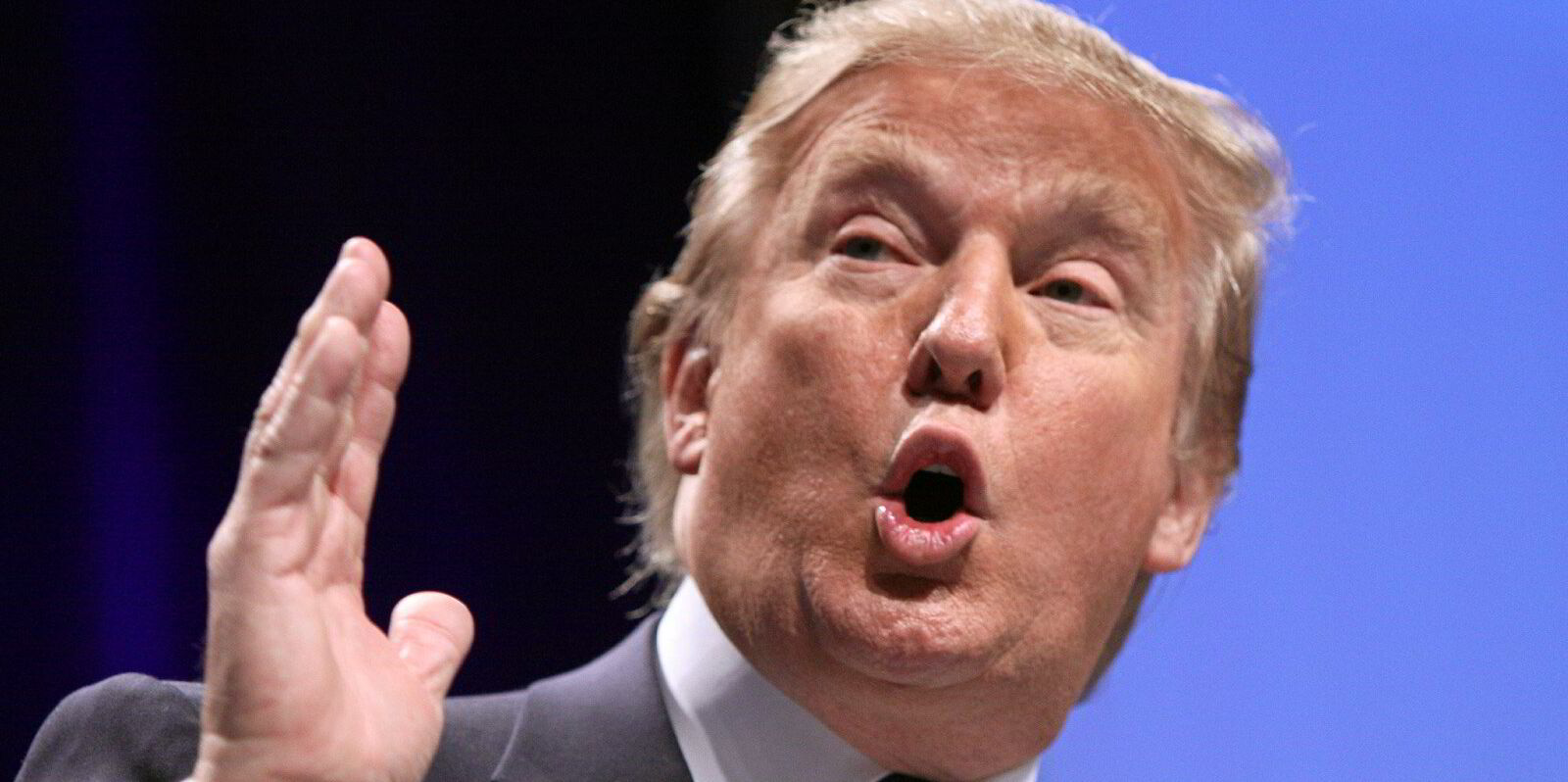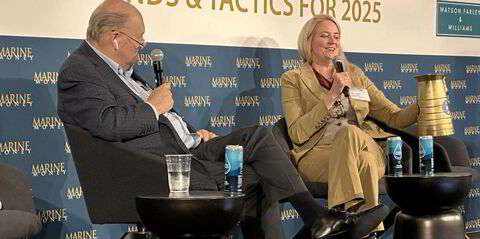America started this week with a dramatically different political landscape: a jolt of enthusiasm for the candidacy of former president Donald Trump after an assassination attempt, followed by the exit of incumbent Joe Biden from the contest.
But as the US hurtles towards a historic election contest, the battlelines over trade and economic policy are unrecognisable to anyone who remembers the tenure and agenda of former president George HW Bush.
That is because free trade, once the mantra of the Republican Party, is nowhere in the debate.
When newly nominated vice presidential candidate JD Vance finished his speech last week at the Republican National Convention, CBS News White House correspondent Major Garrett described his message as “millennials for mercantilism”.
That was because the first member of the millennial generation to appear on a US presidential election ballot described a trade stance that in many ways looks like the America of another century — one that envisions tariffs to protect domestic production, favouring exports over imports.
And it is diametrically opposed to the Republican Party that Americans have known — one that combined social conservatism with economic liberalism.
Once the party of Lincoln, it became the party of Ronald Reagan, it is now the party of Trump that is no longer the party of laissez-faire trade policy.
“We’re done, ladies and gentlemen, catering to Wall Street. We’ll commit to the working man,” Vance said.
“We’re done sacrificing supply chains to unlimited global trade, and we’re going to stamp more and more products with that beautiful label, ‘Made in the USA’.”

Trump, whose protectionism was largely focused on China in his four years as president, now is looking to expand his use of trade wars.
In his campaign to return to the White House, he has threatened 10% tariffs on all goods imported to the US and has praised the politics of William McKinley — the president at the turn of the 20th century who Trump believes made America rich through tariffs.
Apparently, Make America Great Again is now Make America 1896 Again.
And where the Republican Party was the bastion of free-trade proponents such as Reagan, the Democratic Party was known for progressivism in the vein of president Franklin Roosevelt’s New Deal and his turn to government intervention in the economy espoused by Milton Keynes.
But today, Republicans deride Democratic leaders for their backing of deals, such as the North American Free Trade Agreement (NAFTA), as they bid to win the hearts of workers in the states in middle America that have bled manufacturing jobs for decades and are key battlegrounds in the race for the White House.
In fact, Biden kept many of Trump’s tariffs against China, putting pressure on America’s biggest trading partner, and in an appeal to blue-collar workers, was the first president to stand on strikers’ picket line.
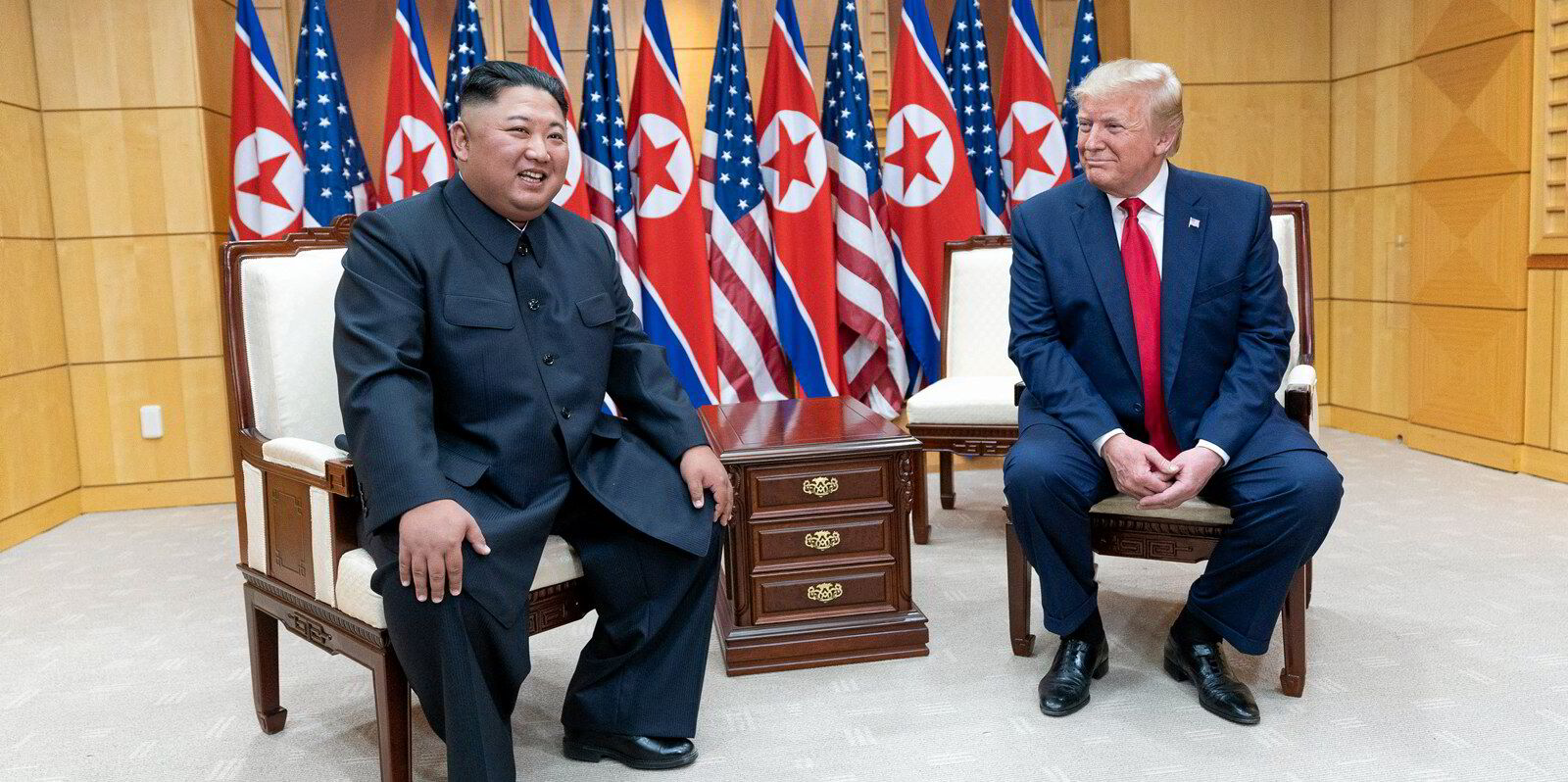
Vice president Kamala Harris, Biden’s choice to replace him, has said she is no protectionist and has criticised Trump’s proposal for across-the-board tariffs, according to the New York Times.
And when it comes to international trade, her views have generally lined up with those of Biden.
“As vice president, Kamala Harris has largely embraced President Joe Biden’s international economic policies, which have eschewed traditional trade negotiations while emphasising government-led investments in the developing world,” Politico wrote.
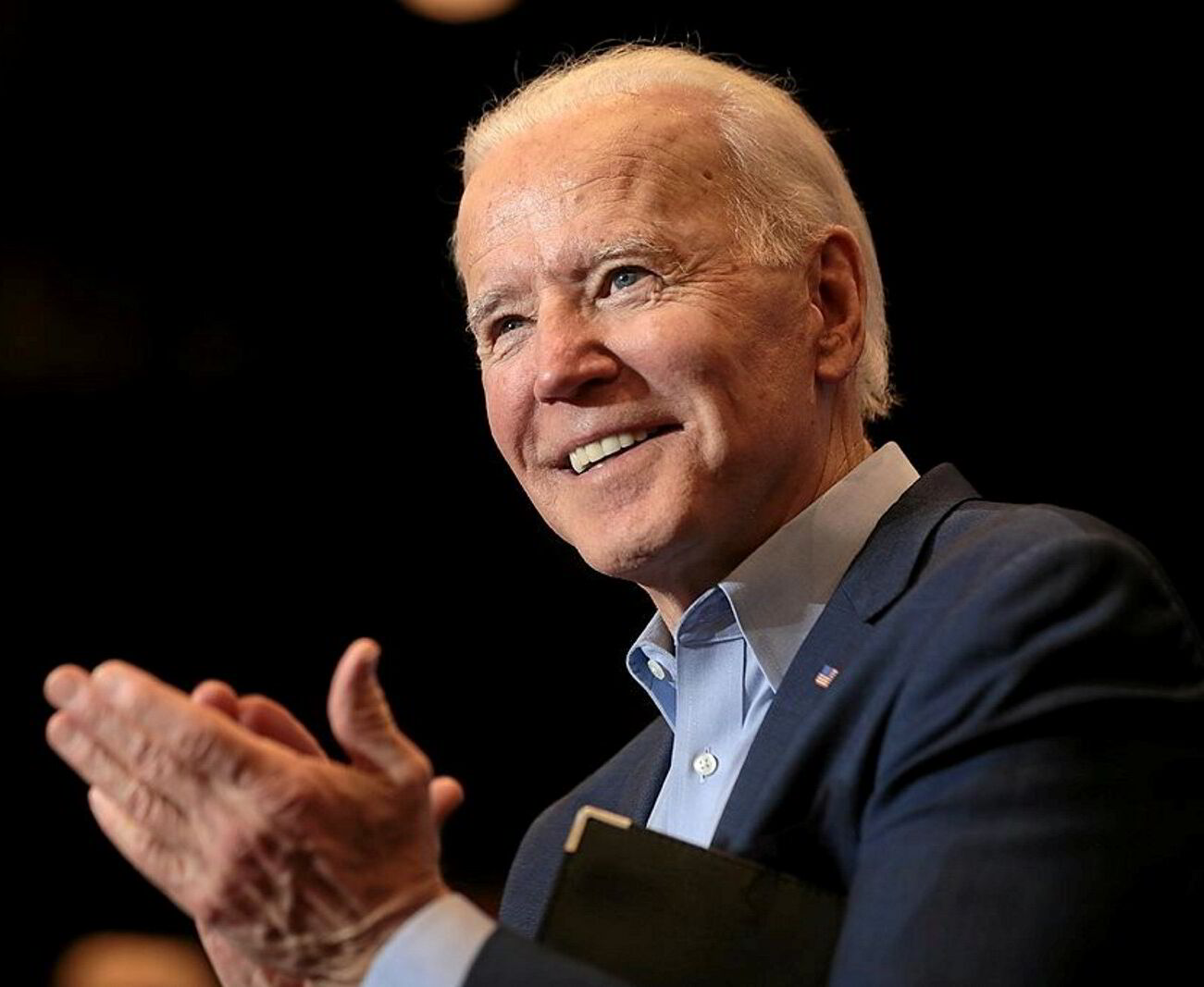
But with the beating that Biden has taken in recent weeks, Harris may feel the need to chart her own course, just as many of those who called on the president to exit the race likely wanted to distance themselves from him in their bids for Congress and other offices.
In her last campaign for the Democratic presidential nomination, which was unsuccessful, she portrayed herself as a more progressive alternative to Biden in some areas — proposing higher corporate taxes, for example.
Republicans point out that Harris voted against the agreement, spearheaded by Trump and eventually supported by Biden, to replace NAFTA. She wanted climate change provisions, Politico noted, which may be a potential sign of a greener approach to trade.
Leading up to Biden’s withdrawal from the race, analysts who cover shipping were basing their expectations on oddsmakers’ 70% likelihood that Trump would win the election, as my colleague Joe Brady reported.
Even under that scenario, investment bank Jefferies said it expects shipping stocks to remain “rangebound” as there are still too many variables to figure out what a second Trump presidency will mean for various sectors.
Now, we’ll have to see whether Harris or a potential dark horse challenger for the Democratic nomination can change the odds.
What is certain, other than the likelihood of more uncertainty, is how much American politics towards trade have fundamentally changed.
